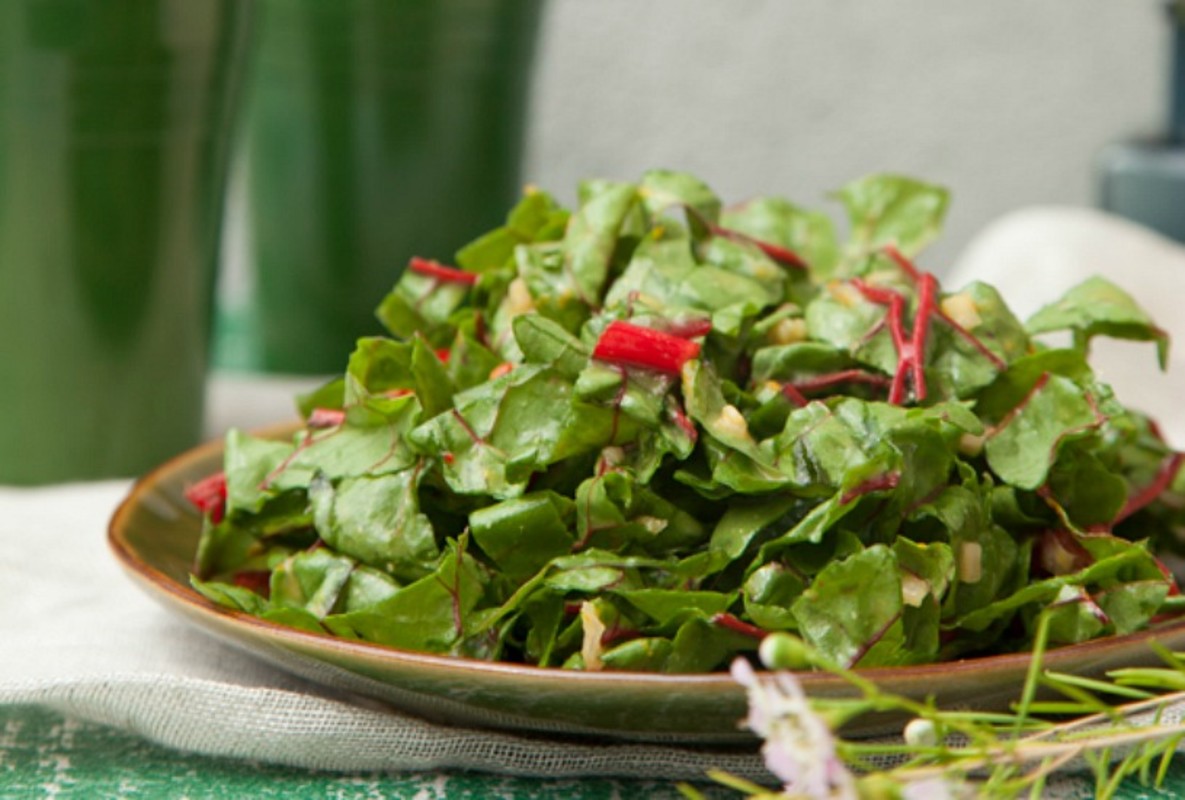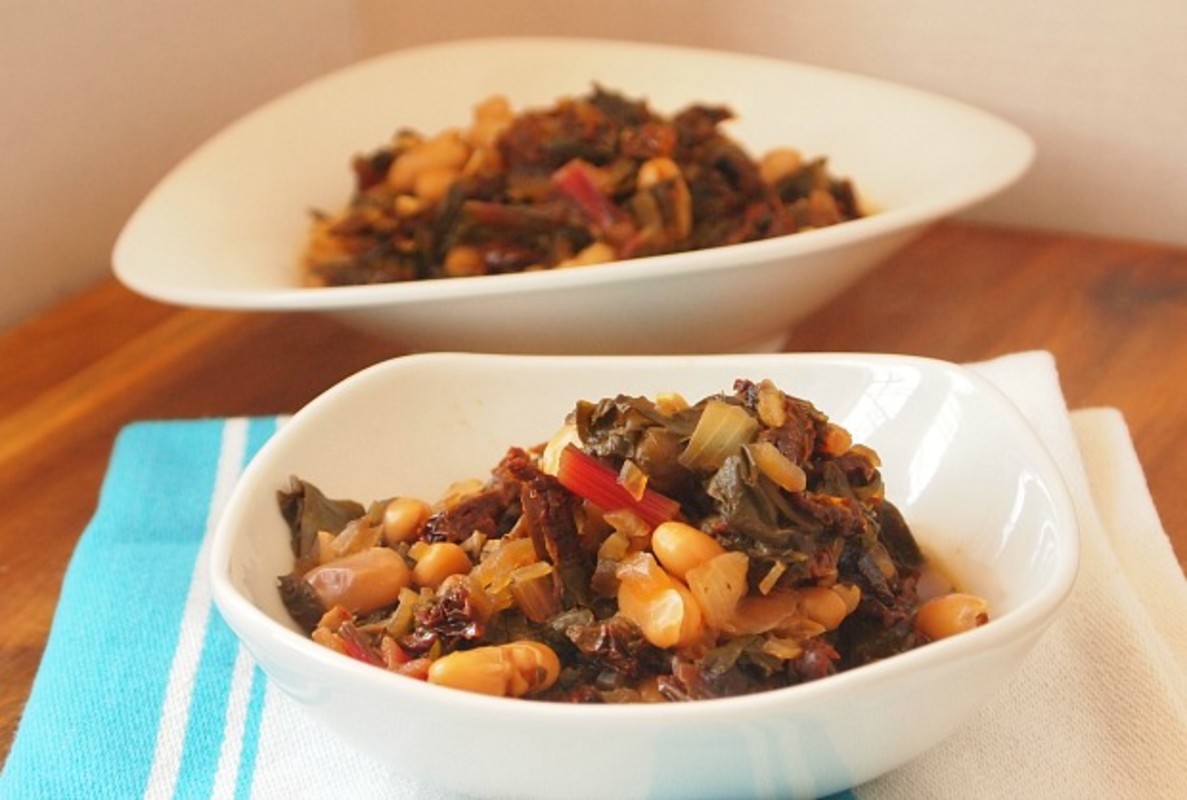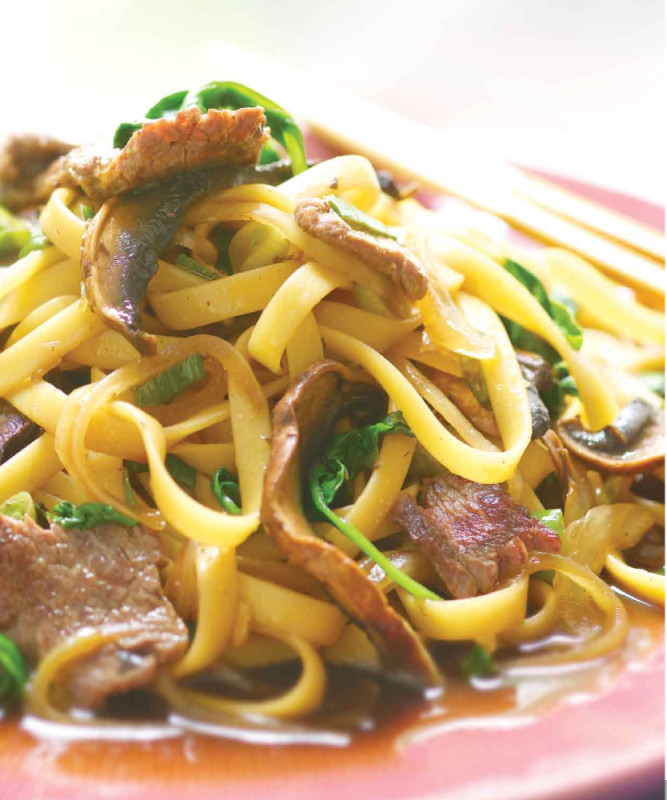Home
Minyan Schedule at Chabad of NCI
| Sundays | 8:15AM |
| Monday - Friday | 7:00AM |
| Friday Night | 6:00PM |
| Shabbat Day | 10:00AM |
B'H Chabad of North County Inland has now become the only Shul in our area that has Minyanim everyday. I want to thank everyone for their commitment to making the Minyanim at Chabad of NCI so strong. A Minyan is the Backbone of a Shul and is the Collective Soul of the Community.
Message from the Rabbi
Dear Friends,
Wishing you a Shabbat shalom and a shanah tovah umetukah — a happy and sweet year,
Rabbi Dr. Trestman
Rabbi Moss Question of the Week
Question of the Week:
Random question: why is it that all kids love getting Band-Aids? Even when there doesn't seem to be any visible injury, my kids ask for a bandage and say it feels better immediately when it's put on. Why is this?
Answer:
Band-Aids are not about Band-Aids. They are about reassurance.
Your kid is saying, "I fell over. I hurt myself. Am I going to be ok? Will I get over this? Will I ever get better? And most importantly, do you still love me after I made a mistake?"
The bandage is a symbol that represents fixing up my blunder, repairing my imperfection, healing my hurt. When you give a Band-Aid you are saying that all will be fine, I still love you. You can sometimes achieve the same effect just by kissing the sore better, or giving a loving hug. The Band-Aid is just a hug in miniature.
That's why we have the festival of Sukkos right after Yom Kippur. We spent a day fasting and praying for forgiveness for all of our mistakes. After that, we may feel a little bruised. So we are invited into the Sukkah. The walls of the Sukkah exude holiness, warmth and love. As we sit in the Sukkah, we experience a divine hug.
We have got up from our fall, and as we heal our wounds, G-d embraces us and tells us that, despite our mistakes, or maybe even because of them, we are loved. Because there's no one as lovable as a sweet child showing their parent their sore finger, asking for a hug, a kiss, and a Band-Aid.
Hug Sameach,
Rabbi Moss
Parsha in a Nutshell
Exodus 33:12-34:26
G‑d agrees to Moses' request that His presence only dwell amongst the Jews. Moses requests to be shown G‑d's glory. G‑d agrees, but informs Moses that he will only be shown G‑d's "back," not G‑d's "face."
G‑d tells Moses to carve new tablets upon which G‑d will engrave the Ten Commandments. Moses takes the new tablets up to Mt. Sinai, where G‑d reveals His glory to Moses while proclaiming His Thirteen Attributes of Mercy.
G‑d seals a covenant with Moses, assuring him again that His presence will only dwell with the Jews. G‑d informs the Jewish people that He will drive the Canaanites from before them. He instructs them to destroy all vestiges of idolatry from the land, not to make molten gods, to refrain from making any covenants with its current inhabitants, to sanctify male firstborn humans and cattle, and not to cook meat together with milk.
The Jews are commanded to observe the three festivals — including the holiday of Sukkot, "the festival of the ingathering, at the turn of the year." All males are commanded to make pilgrimage to "be seen by G‑d" during these three festivals.
The maftir, from the Book of Numbers, discusses the public offerings brought in the Temple on this day of Sukkot.
Haftorah Commentary
Yom Kippur Morning Haftorah
(Isaiah 57:14-58:14)
Yom Kippur Haftarah Companion by Rabbi Mendel Dubov
Chai Club
"Chai Partnership" is a unique way to support the work at Bais Betzalel Chabad of NCI. It's a form of collaboration and together, we protect, perpetuate and build the essential identity that has been bequeathed to us by our parents, grandparents, and ancestors. Chai Partnerships are available for anyone that contributes monthly.
Together, we ensure a vibrant and joyful Jewish future!
THANK YOU TO THE CHAI CLUB PARTNERS THAT HELP MAKE PROGRAMMING AT CHABAD OF NCI POSSIBLE.
Michael Palais Oscar and Lynda Stewart
Andrew Kwittken Dr. Rob and Jill Reichman
Michael and Svetlana Kritzer Jonathan and Esther Rosenberg
Ben Bebashkin Moe and Sarah Shemirani
Sol and Ellen Pinczewski Scott and Sarit Reich
Jay Hecht Dr. Roger Acheatel
Jeff Eisman Josh and Rebecca Jacobs
Todd Frank Allen and Carole Lax
Jordan and Debbie Alpert Dr. Gil and Erica Furman
Dr. Paul Neustein Dr. Roneet Lev and Dr Steve Lee
Fred and Mitra Nasseri Norman and Ruth Berger
Michael and Larisa Sosis Dr. Ron Levin
Dr. Phil Wrotslavsky. Danny and Hila Almog
Hannah Kaye in Loving Memory of her Father Dr Howard Kaye OBM
Sam and Joyce Hoffman. Dimitry Tsimberg
Joseph and Minoo Anvari. George and Robyn White
Dr Ori and Amy Raz
Kosher Recipes
 Shabbat Menus
In The Beginning We Plan Menus For Shabbat
By: Tamar Genger MA, RD
Shabbat Menus
In The Beginning We Plan Menus For Shabbat
By: Tamar Genger MA, RD
 Sukkot
A Vegetarian Sukkot Fall Shabbat Menu
By: Tamar Genger MA, RD
Sukkot
A Vegetarian Sukkot Fall Shabbat Menu
By: Tamar Genger MA, RD
 Shabbat Menus
A Sukkot Shabbat Menu
By: Tamar Genger MA, RD
Content Sponsored by
Shabbat Menus
A Sukkot Shabbat Menu
By: Tamar Genger MA, RD
Content Sponsored by
Tue, October 22 2024
20 Tishrei 5785
Today's Calendar
| Chol Hamoed Succos |
Friday Night
| Candle Lighting : 5:46pm |
Shabbos Day
| Havdalah : 6:53pm |
This week's Torah portion is Parshas Bereshis
| Shabbos, Oct 26 |
Candle Lighting
| Wednesday, Oct 23, 5:48pm |
Havdalah
| Motzei Shabbos, Oct 26, 6:53pm |
Chol Hamoed Succos
| Tuesday, Oct 22 |
Join Our Mailing List
Why ShulCloud?
Zmanim
| Alos Hashachar | 5:45am |
| Earliest Tallis | 6:14am |
| Netz (Sunrise) | 6:59am |
| Latest Shema | 9:45am |
| Zman Tefillah | 10:41am |
| Chatzos (Midday) | 12:33pm |
| Mincha Gedola | 1:01pm |
| Mincha Ketana | 3:48pm |
| Plag HaMincha | 4:57pm |
| Shkiah (Sunset) | 6:07pm |
| Tzais Hakochavim | 6:44pm |
| More >> | |






